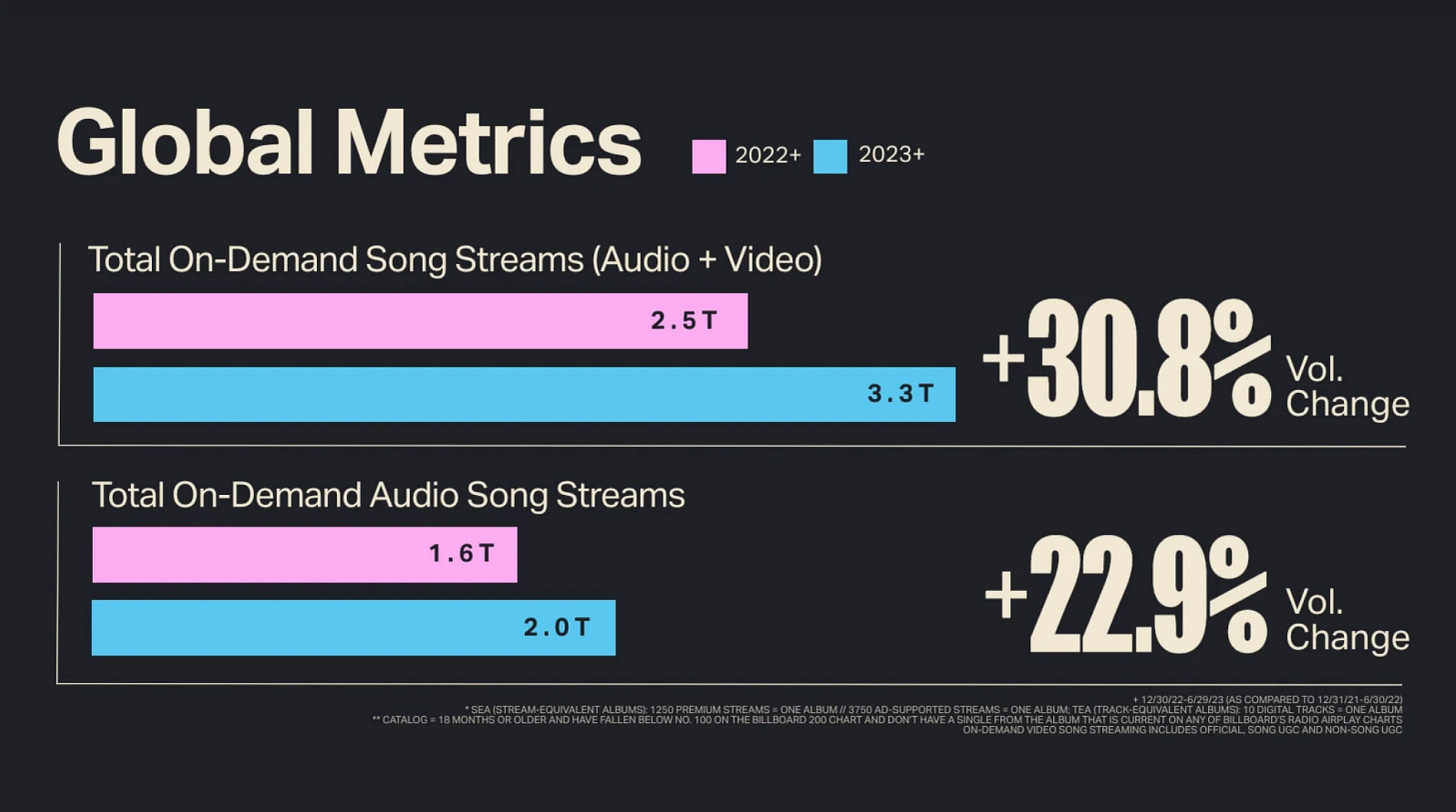A Tale of Two [New] Venues
DTLA's Bellwether and LV's Sphere offer something new in times of uncertainty for live entertainment.

We’re just past the halfway point in 2023, and the biggest story of the year (in our little corner, at least) seems certain to be live music. For the first time in decades, concerts are front-page news — both for good and bad.
Long viewed as the bedrock of a professional music career, the pandemic was a (hopefully) once-in-a-century earthquake that shook the foundation. Now forty months since the shutdown (and two years since Live Nation declared the “greatest concert season in history!”), the industry is still navigating the opportunities (and the aftershocks).
From record-breaking attendance and astronomical ticket prices to grinding logistics costs and career-ending cancellations, 2023 has seen it all. But the highs and lows haven’t been evenly distributed. As has become standard in late capitalism, the top earners — Taylor Swift, Beyoncé, Elton John, etc. — have realized most of the benefits, while middle-class musicians (the ones who rely on live revenue to pay rent) have faced challenges that squeeze their margins and making touring financially impossible.
It’s in this climate that two notable venues are preparing to open their doors.
The Sphere is a new 18,600-capacity venue in Las Vegas specially designed for cutting-edge A/V performances. LV residents have watched the orb-shaped structure slowly take shape since construction started in 2019, and U2’s 25-gig opening residency, set to kick off on September 29, caused a stir this past spring when tickets went on sale. But the venue’s first truly viral moment came just last week when the massive round exterior lit up for the first time, creating an utterly surreal sight on Vegas’ already uncanny skyline.
And just like that, the parent company’s stock price shot up 22.7%, with Sphere Entertainment Co. adding $170M to its market cap literally overnight. But with a cost of $2.3B (just shy of double the $1.2B initial estimated price tag), it’s a long road to profitability for The Sphere and its various stakeholders, which include Apollo Global Management (owner of the Venetian) and the recently spun-off Madison Square Garden Entertainment Corp. (MSGE).
Beyond U2, The Sphere has just one other SKU on sale, a multimedia production that showcases the venue’s unique technical capabilities titled Postcard from Earth, which is being created by filmmaker Darren Aronofsky. This sort of attraction means no dark days for the venue and no high-cost talent bookings to eat away at revenues. Think of it as a hi-res version of the 360° Van Gogh Ice Cream Dinosaur exhibits that currently fill “Things To Do This Weekend” lists across the country.
—
Meanwhile, 275 miles to the west in Los Angeles, a much more modest proposal, The Bellwether, opened its DTLA doors to The Cadence and other local media for a first look at the 1,600-cap. space before its first slate of shows that included Phantogram on opening night (July 11) and Tycho (July 13) before kicking off a three-night underplay by Haim next week.
The Bellwether is a partnership between Michael Swier, owner of the Teragram Ballroom and Moroccan Lounge, and Gregg Perloff, CEO and founder of the Bay Area’s Another Planet Entertainment (APE). The latter is best known as the promoter of the Outside Lands Festival and calls itself the “top independent concert promoter in the United States.” The Bellwether marks the company’s first foray outside its home turf in Northern California.
Swier, on the other hand, has seen success in multiple markets, having helped launch Mercury Lounge and Bowery Ballroom in NYC before coming west to open The Teregram Ballroom and relaunch Moroccan Lounge. Both spots offered a welcome level of comfort and cleanliness to audiences more used to the worn-in atmosphere of classic small venues like The Troubadour, Echo, Spaceland and The Roxy. The Bellwether promises to bring the same sort of quiet luxury to a space large enough to compete with perennial mid-size venues like The Wiltern, The El Rey and the Fonda.
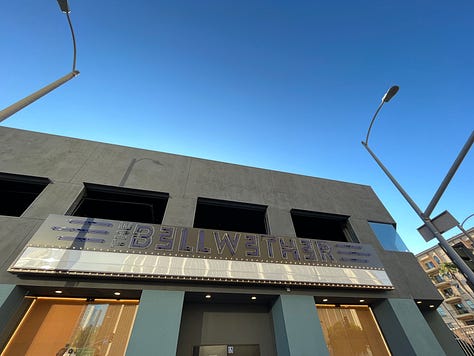
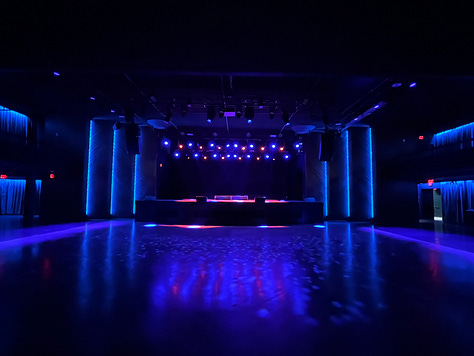
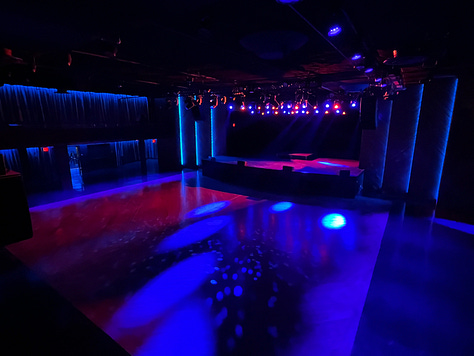
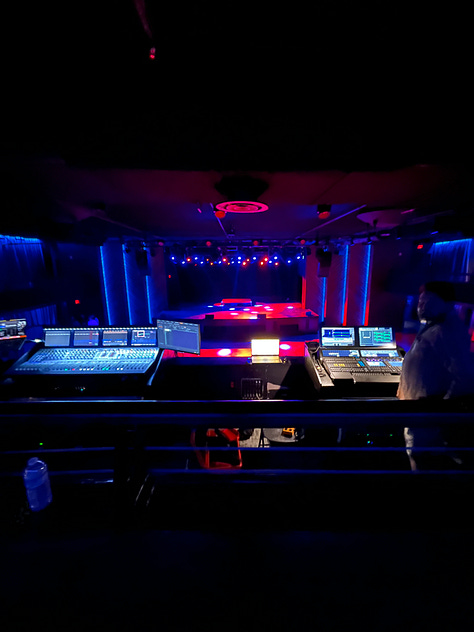
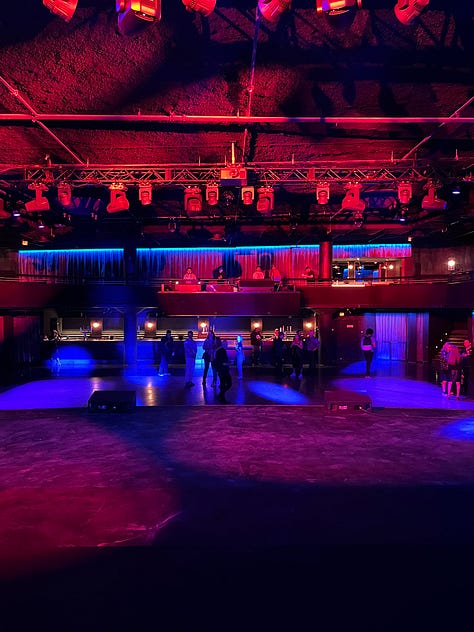

The question arises regarding the Bellwether as to whether or not the city can sustain another mid-size venue and if there are enough acts that can fill them. The Bellwether’s calendar is already packed with heaters through October. And the NoCal-SoCal partnership will undoubtedly use the gravitational force of Outside Lands to pull in talent just outside the outer orbit of radius clauses, the same way Goldenvoice boosts its springtime Bay Area bookings on the back of Coachella.
Of course, Los Angeles has proven to have an unending appetite for live entertainment, as opposed to, say, Pittsburgh (where Beyoncé’s recent cancellation due to “logistical issues” has come into question). We didn’t know LA needed a venue like Teregram until we first walked through its doors. But the intimate space’s low ceiling, lovely sound and grownup vibes (maybe that’s just the shows we attend) were a welcome relief after years of grimy club shows. If Bellwether recreates that atmosphere on a larger scale, we’ll be checking the lineup regularly.
The Sphere, for its part, promises to offer something the world has never seen. That alone could make it a destination in a tourist town like Vegas (another, larger Sphere is being planned for London before the end of the decade). We can’t wait to see how U2 transforms its classic ZooTV concerts into a 21st-century spectacle (if you have a hookup for good seats, give us a shout). In the long run, it will be interesting to see if performers and producers embrace the venue’s immersive technology the same way directors like Christopher Nolan have turned IMAX into their canvas.
But in a season when even Disney World is reported to be struggling, there is no such thing as a sure bet when it comes to live entertainment. Thank goodness promoters are still out there taking chances on new endeavors.
This is your weekly reminder that The Cadence now offers premium content to paid subscribers.
While we worry if Merck Mercuriadis will survive as CEO of Hipgnosis, we have full-length video interviews with recent guests like Bustle Digital Group president Jason Wagenheim, Vevo founder Rio Caraeff and Beatport CEO Robb McDaniels.
We hope you’ll check them out!
TAKEAWAYS
Salient statements from this week’s music news.
1. Predatory Ticket Resellers Cost Artists, Confused Fans Millions
A new report examines the actual damage of secondary markets on concerts and illustrates how some can be solved.
Takeaway: Consumers are so confused by the information they find online and the entire ticket-buying process that they often pay more for a ticket than they need to. NITO found many tickets resold by secondary sellers at inflated prices for shows where tickets were still available from the primary ticket seller.
2. On-Demand Audio Streams Grew 13.5% to Reach 616.5bn in the US
Luminate’s midyear report shows growth in consumption, particularly in niche genres.
Takeaway: Globally, according to Luminate, total on-demand song streams (Audio + Video) grew 30.8% in H1 2023 to reach 3.3 trillion in total, compared to 2.5 trillion on-demand song streams in H1 2022.
3. Why Did Pioneer DJ Buy Serato?
Has the DJ market reached peak consolidation?
Takeaway: With an acquisition, Pioneer DJ could both avoid paying that fee and also benefit from the extra income from third-party manufacturers, including from their direct competitors like inMusic. It would also mean a huge userbase increase overnight, and in the age of subscriptions, that matters.






